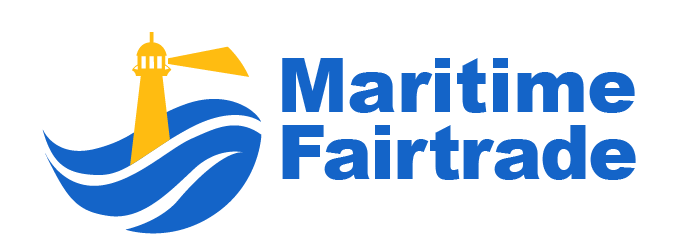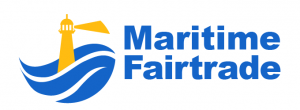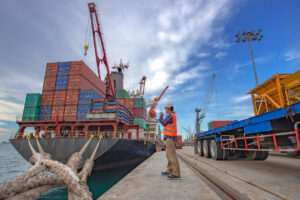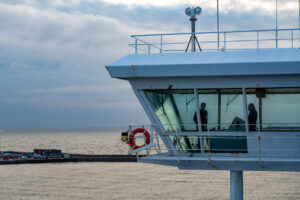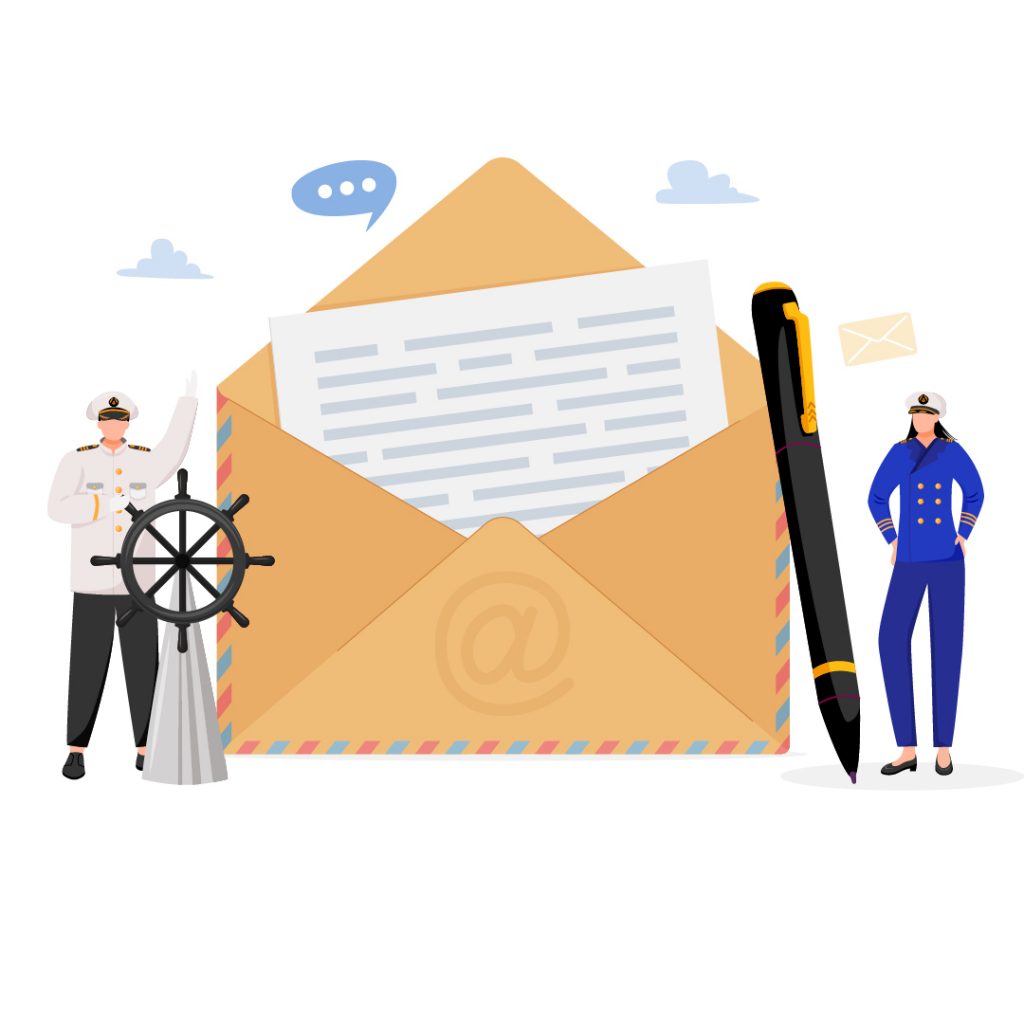Eighteen months have passed since local residents and K’ómoks First Nation (KFN) first raised concerns regarding scrapping operations at Union Bay, traditional unceded territory of First Nations within Baynes Sound, British Columbia, Canada.
Now, the NGO Shipbreaking Platform joins them in calling on federal, provincial and regional authorities to make sure that the activities carried out by the operator, Deep Water Recovery (DWR), cease to cause harm to both local communities and the surrounding environment.
In December 2020, DWR converted a former log-sort location in an improvised shipbreaking yard to pull apart barges. The shipbreaking activities are in violation of district zoning bylaws, and, to date, the Comox Valley Regional District is still allowing for hazardous operations to take place only a few meters away from several residential houses and within an Ecologically and Biologically Significant Area (EBSA).
As highlighted in a recent report by WWF Canada, Baynes Sound is the highest ranked cumulative and spawning area for herring in the Strait of Georgia and is a critical feeding and overwintering area for water birds. It also supports the highest density of intertidal shellfish aquaculture in British Columbia, producing over half of all the shellfish cultured in the province. Locating a hazardous industry in such an ecologically sensitive zone is simply unacceptable.
Despite the foreign management of DWR stating that very stringent environmental plans are in place, drone footage and photos of the site tell a story of vessels taken apart without impermeable flooring and drainage systems in place. No Environmental Impact Assessment or public consultation prior to the dismantling activities having started was conducted.
“We do not consider that the landing of vessels onto shores that are unable to contain the many hazardous materials onboard and embedded within the ships’ structures, as currently happening at Union Bay, is a sustainable or acceptable way of recycling ships”, says Nicola Mulinaris, Senior Communication and Policy Advisor at the NGO Shipbreaking Platform.
Indeed, shipbreaking activities conducted without full containment can easily pollute land, water and air, as ships are almost invariably contaminated or containing harmful materials in their structures. Recent studies have shown how unregulated scrapping can cause carcinogenic air pollution, loss of marine biodiversity and soil contamination.
Furthermore, lack of proper infrastructure and access to emergency equipment puts the lives of workers at risk in case of an accident during the dismantling process.
Currently, two former US Government vessels and a BC Ferries Corporation’s passenger ship are moored at Union Bay, possibly waiting to be scrapped. The NOAAS Miller Freeman (R 223), NOAAS Surveyor (S 132) and Queen of Burnaby, given their age and type, are likely to contain high amounts of toxic substances in their structures, including asbestos and PCBs.
“Vessels can only be recycled in a safe and environmentally sound manner at proper industrial sites that ensure a contained environment with impermeable flooring and drainage systems. We therefore urge Canadian authorities to halt immediately the breaking of ships at Union Bay, and take example from the existing EU legislation on ship recycling. We also call upon BC Ferries to opt for a sustainable option for its end-of-life Queen of Burnaby, as well as its other remaining older units”, says Nicola.
The NGO Shipbreaking Platform has recently sent an official letter of concern to all Canadian competent bodies, and stands ready to further assist the affected communities in their fight for environmental justice.
Photo credit: An aerial view of the shipbreaking site at Union Bay – © Concerned Citizens of Baynes Sound / Comox Valley Record
